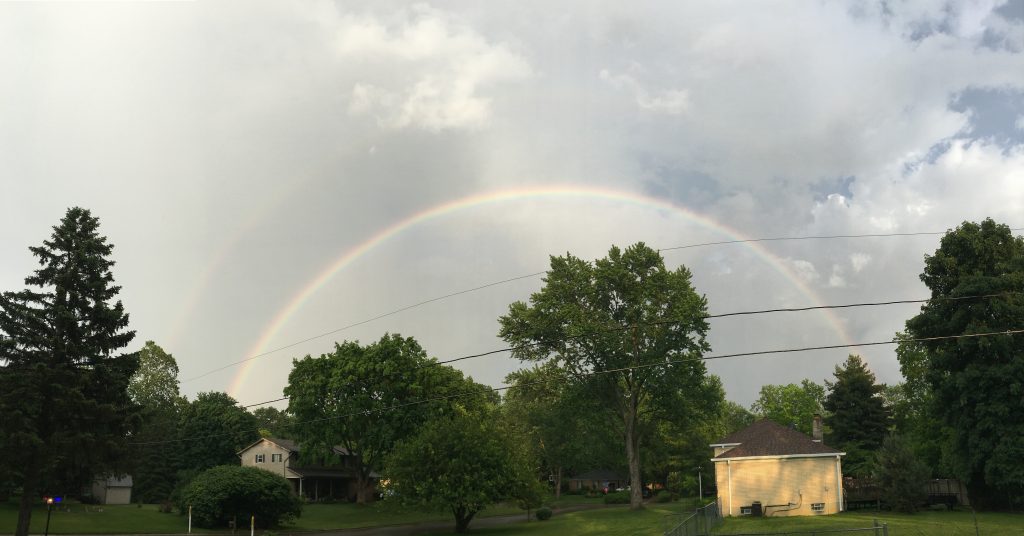Its Pursuit, and the Unique Human Condition

Happiness is a Lie
One word defines a universal human desire, and no…it isn’t that.
Nay, ask anyone, and if the conversation goes on long enough, the human wants distill down to a state of being: happiness. It’s a nice thought, to believe we could so easily be satisfied by an abstraction, but we’re not. The human mind isn’t designed to operate under such a condition long-term. What we inevitably achieve is equilibrium. The happiness, once it endures, invokes an emotional tolerance, and the state of dopamine falls back to its basal condition. We don’t remain happy–we feel it momentarily, then subside back to normalcy. It’s why rich people complain. They no longer appreciate the mansion–they feel the same irritations at trying to find a reliable pool boy who won’t sleep with their wife as a commoner would feel about an old car’s transmission giving out a week before Christmas.
Conclusion: we as a species cannot maintain a state of positive emotional elation.
The Uniqueness of Humanity
My father came down to visit, and as we often do, we concluded the day with a bottle of bourbon and a fire. Such conditions, offering the momentary escape from distraction, invariably lead to philosophical pontification, partly due perhaps from my need to still irritate my dad, and partly because no one else will discuss such matters with me.
Dad, the professor ecologist; and myself, some type of amateur philosopher (or so he fancies himself) who found himself abruptly forced into the misery of underemployment–share a surprising amount of philosophical viewpoints. But on this particular occasion, we were arguing over humanity and just how unique the species really was in comparison to the rest of the planet’s fauna.
I was under the belief that our uniqueness was based in our sentience, and that humanity’s existence was an evolutionary anomaly, mathematically so remote from possibility that, while I never seriously considered the validity of the Intelligent Design theory, found myself attracted to it perhaps due to the romance in believing we were special.
Dad, the pure scientist, disagreed, stating that my argument was flawed with my presumption that sentience was unique to humanity. He argued that sentience was implied by an animal’s understanding of mortality, as an elephant visits the gravesite of another elephant. I argued that since we’re limited in our capacity to communicate with other animals, we wouldn’t know for certain. Dad argued that understanding death correlates to an understanding of the existence of the self.
I remained dubious, but it was the best argument I had heard yet for the defense of an animal’s self-awareness.
A New Definition
But regardless, there’s no argument against the uniqueness of humanity. If dad was right, however, then what is it that defines us? And if all animals are self-aware, why are humans the only ones who advance and adapt at such a fast pace, seeing as our survival no longer depends upon it.
Like all animals’ physical evolution, ours hasn’t proceeded at a drastically different rate. And the brain size theory falls through, because we don’t posses the largest brains to body size ratio of all the known animals. I can only conclude, therefore, that something in our physiology drives us to seek another emotional state.
And the desire for a different emotional state only makes sense if the current emotional state is undesirable–if it’s unhappy.
Conclusion: we’re all a bunch of miserable people, and that’s normal.
The Implications
I find this theory to be more relieving than disparaging. It gives purpose to unhappiness. Were I content at any point, I would have stagnated in my career and not started a family. These are rather minor accomplishments in humanity’s greater history, true, but I find that autobiographers rarely dwell on happy moments, and any such moments, when mentioned, never correspond to major events. Happiness is an effect, not a cause.
The elephant, whether self-aware or not, doesn’t seek to become more than an elephant because it’s content with being an elephant. My dog runs through the backyard, visibly happy with her present circumstances, and remains content to be a dog.
The human, on the other hand, is not content to simply survive as a human, but seeks self-actualization. In our actions we are unique, and while it may not be a direct cause of self-awareness, I can most certainly attribute it to our general emotional unrest.
We’re unhappy, we’re supposed to be unhappy, and this unhappiness motivates us to accomplish the next best thing tirelessly. Be happy that you’re unhappy.
–Simon




 A colleague recommended the Netflix original Black Mirror. So far, it’s be an incredibly disturbing set of Philip K Dickian-type stories involving humanity’s failures with using their own technology responsibly. And “disturbing” might be a bit of an understatement. I find them to be haunting, like the stuff my subconscious latches onto in order to feed me back nocturnal hellscapes.
A colleague recommended the Netflix original Black Mirror. So far, it’s be an incredibly disturbing set of Philip K Dickian-type stories involving humanity’s failures with using their own technology responsibly. And “disturbing” might be a bit of an understatement. I find them to be haunting, like the stuff my subconscious latches onto in order to feed me back nocturnal hellscapes.